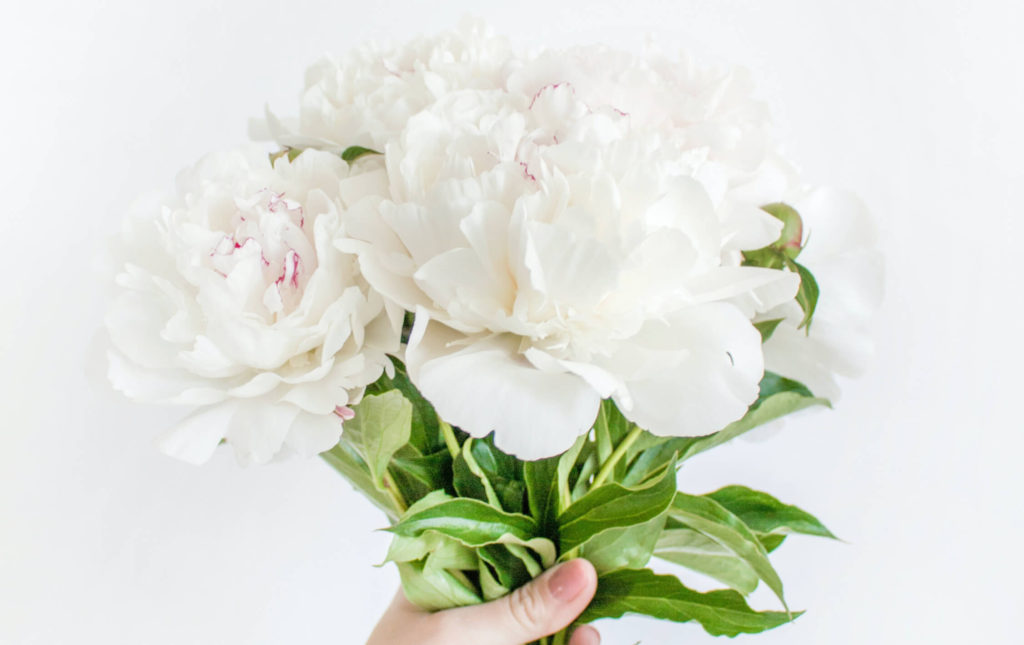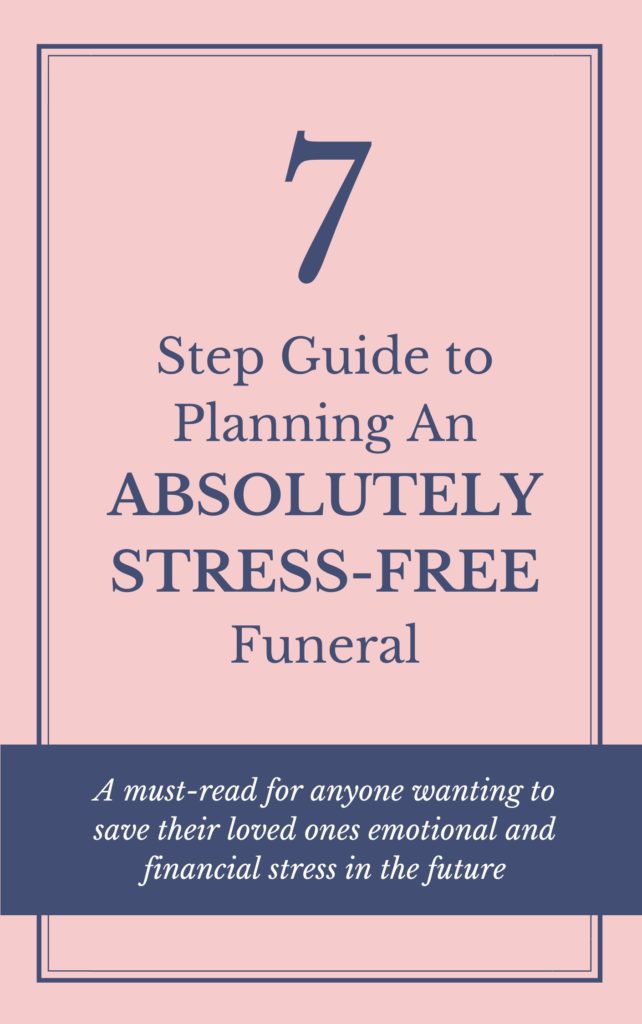When it comes to planning end-of-life services, one of the most significant decisions you’ll face is whether to choose cremation or traditional burial. Each option has its own benefits and considerations, and the decision will ultimately come down to your personal preferences, beliefs, and circumstances. In this post, we’ll explore the differences between cremation and traditional burial and provide you with the information you need to make an informed decision.
Cremation Services
Cremation is a process that involves reducing the body of the deceased to ash through high heat and flame. Cremation services are becoming increasingly popular, with more than half of all deaths in the United States resulting in cremation in 2020. Here are some of the benefits and considerations of choosing cremation services:
Benefits of Choosing Cremation Services
Affordability
- One of the most significant benefits of choosing cremation is that it’s typically more affordable than traditional burial services. According to the National Funeral Directors Association, the median cost of a funeral with burial is over $7,000, while the median cost of a cremation with a memorial service is just over $5,000. Cremation eliminates many of the costs associated with traditional burial, such as embalming, caskets, and burial plots. This makes it a more affordable option for many families who are looking to save money while still providing a meaningful and respectful service for their loved one.
Flexibility
- Another benefit of choosing cremation is that it provides greater flexibility in terms of planning the service and disposing of the remains. Cremation services can be held before or after the cremation, and they can be personalized in many different ways to reflect the preferences and wishes of the deceased and their loved ones. For example, some families may choose to have a traditional funeral service with the body present, while others may opt for a memorial service with the cremated remains. Cremated remains can be kept in an urn, buried, or scattered in a location that is meaningful to the deceased and their family.
Environmental Sustainability
- Many people are choosing cremation as a way to reduce their environmental impact. Traditional burial can be harmful to the environment due to the use of embalming fluids, caskets, and burial plots. Cremation, on the other hand, is a more environmentally friendly option. It requires less land use and produces fewer emissions than traditional burial. Additionally, there are now options for green cremation, such as water cremation or alkaline hydrolysis, which use less energy and produce fewer emissions than traditional cremation.
Personalization
- One of the most significant benefits of choosing cremation is the ability to personalize the service to honor the memory of the deceased. Cremation services can be highly personalized to reflect the unique personality, values, and interests of the deceased. Families can display photographs, play music, and incorporate meaningful rituals or traditions to create a more personal and meaningful service. This can be a valuable way to find comfort and closure during a difficult time.
Considerations When Choosing Cremation Services
Religious Beliefs
- While cremation is generally accepted in most religions, some have specific beliefs or requirements surrounding the process. It’s important to consider the religious beliefs and preferences of the deceased when choosing cremation services.
Pre-Planning
- Pre-planning for cremation services is becoming increasingly popular as people seek to ensure that their final wishes are respected and their loved ones are not burdened with making difficult decisions during a time of grief. Pre-planning allows you to choose the type of service you want, the provider you prefer, and the disposition of your remains. It can also help to alleviate the financial burden on your loved ones by allowing you to pre-pay for the service.
Transportation
- Transporting a deceased loved one across long distances can be difficult and expensive. Choosing cremation can simplify this process, as the cremated remains can be transported easily and inexpensively. This can be particularly beneficial for families who live in different parts of the country or world.
Personal Beliefs and Wishes
- Choosing cremation allows families to respect the personal beliefs and wishes of the deceased. Some people may have specific beliefs or preferences surrounding their final arrangements, and choosing cremation can allow these wishes to be fulfilled. Additionally, cremation can provide a way to honor the memory of the deceased in a unique and personalized way that reflects their personality and values.
Traditional Burial
Traditional burial involves burying the body of the deceased in a casket in a cemetery or other designated burial location. Here are some of the benefits and considerations of choosing traditional burial:
Benefits of Choosing Traditional Burial
Religious Acceptance
- Traditional burial is generally accepted in most religions, although some have specific beliefs or requirements surrounding the process. Traditional burial can be a way to honor the religious beliefs and traditions of the deceased and their family.
Memorialization
- Traditional burial provides a physical location for the deceased to be remembered and memorialized. Many people find comfort in visiting the gravesite of their loved one and leaving flowers or other tributes.
Considerations When Choosing Traditional Burial
Cost
- One of the most significant considerations when choosing traditional burial is the cost. According to the National Funeral Directors Association, the median cost of a funeral with burial is over $7,000. Traditional burial requires a casket, embalming, and a burial plot, all of which can be expensive.
Limited Flexibility
- Traditional burial provides less flexibility in terms of planning the service and disposing of the remains. The body must be embalmed and buried in a casket in a designated location, which can limit personalization options.
Environmental Impact
- Traditional burial can be harmful to the environment due to the use of embalming fluids, caskets, and burial plots. It requires a significant amount of land use and can contribute to the depletion of natural resources.
Religious Requirements
- While traditional burial is generally accepted in most religions, some have specific requirements surrounding the process. It’s important to consider the religious beliefs and preferences of the deceased when choosing traditional burial.
Choosing Between Cremation Services and Traditional Burial
When it comes to choosing between cremation services and traditional burial, there is no one-size-fits-all answer. The decision will ultimately come down to your personal preferences, beliefs, and circumstances. Here are some factors to consider when making your decision:
Religious Beliefs
- Consider the religious beliefs and requirements of the deceased and their family. While cremation is generally accepted in most religions, some have specific beliefs or requirements surrounding the process. Traditional burial may be a better option for those who want to honor their religious beliefs and traditions.
Cost
- Consider the cost of each option and whether it fits within your budget. Cremation services are generally less expensive than traditional burial, but the costs can vary depending on the services and options you choose.
Personalization
- Consider how you want to personalize the service and honor the memory of the deceased. Cremation services provide greater flexibility in terms of planning the service and disposing of the remains, which can allow for more personalization options.
Environmental Impact
- Consider the environmental impact of each option. Cremation is generally considered a more environmentally friendly option than traditional burial, but there are also options for green burial that can reduce the environmental impact of traditional burial.
Contact Us
If you’re struggling to decide between cremation services and traditional burial, contact us to learn more about your options and to receive support and guidance during this difficult time. We offer a wide range of end-of-life services, including both cremation and traditional burial, to meet the unique needs and preferences of each family.
Conclusion
Choosing between cremation services and traditional burial is a significant decision that will depend on your personal preferences, beliefs, and circumstances. Both options have their own benefits and considerations, and it’s important to carefully consider each one before making a decision. Cremation services offer affordability, flexibility, environmental sustainability, and personalization options, while traditional burial provides religious acceptance and a physical location for memorialization. Whatever option you choose, contact us to receive support and guidance during this difficult time and to ensure that your loved one is honored and remembered in a meaningful and respectful way.









